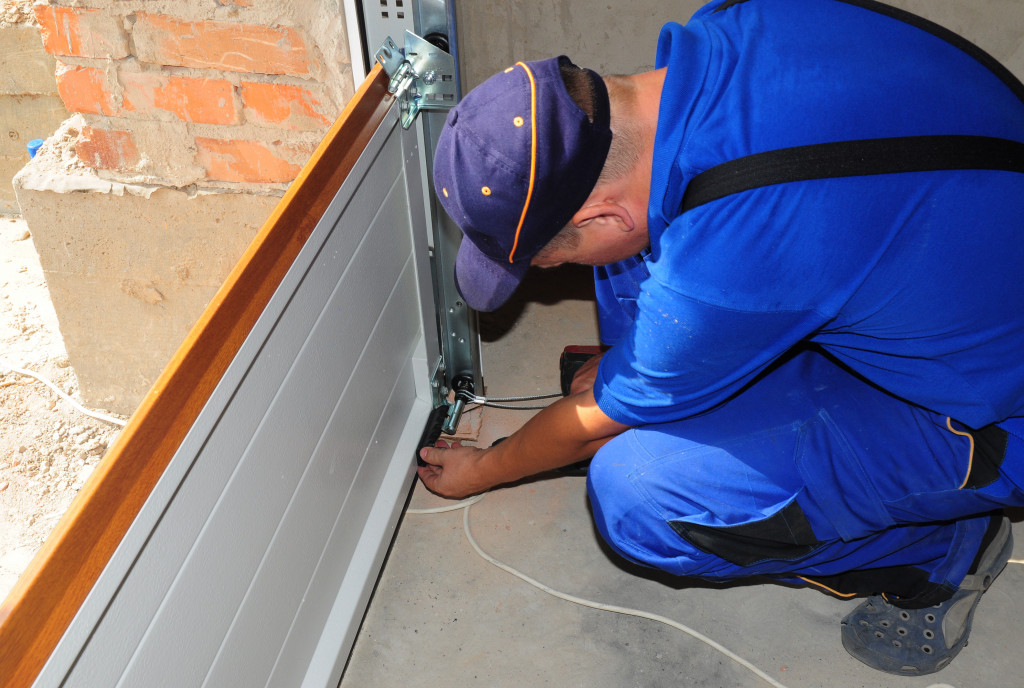When done right, house flipping can be a very lucrative business, raking tens or even hundreds of thousands into your bank accounts every year. However, turning a fixer-upper into one’s dream home requires a unique set of skills—one that not every flipper starts out with.
There can be a lot of mistakes along the way when it comes to flipping houses, but there are also a lot of ways to avoid them. Here are some of the most common rookie mistakes that beginner house flippers make, and how you can avoid them on your very first flip:
-
Biting off more than you can chew
House flipping takes a lot of work. From remodeling to putting the house up for sale, every step is going to take a significant amount of time, energy, and money before you can see returns—yes, even if you hire other people to work with you.
With that in mind, it is highly advisable to stick to a smaller home for your first flip, regardless of the skills you may have. As long as it is your very first flip, it is often a smarter choice to stick with what you can realistically handle for now.
-
Underestimating the cost of repairs
Flipping a house involves a significant amount of repair, more so if the property you want to flip is a fixer-upper. For this reason alone, you must carefully estimate every type of repair that you expect to do on the house, as well as create a buffer for unexpected repairs that may arise once you start working on it.
Underestimating the cost of repairs is one of the most common mistakes that beginner flippers make. And if you don’t have a sufficient budget, the repairs that you leave undone can dock thousands of dollars off the asking price. To avoid this mistake, work with a contractor to estimate each repair as accurately as you can. For example, if you will need residential garage door repair services for the house, ask a pro for an estimation or contact the repair company directly for a quote.

-
Making the flip too expensive
Many beginner flippers have the mindset of putting in a larger investment on the house to reap larger returns. This tactic may work for homes in certain locations, but it is not good practice for every flip—especially if it’s your very first one.
High-end flips work best for houses in high-end neighborhoods where buyers look for fancy finishes and sophisticated upgrades. But if you’re flipping a house in a middle-income neighborhood, putting in too much money and subsequently pricing the house too high is the perfect recipe for disaster (a.k.a. little to no profits). Furthermore, you should stay away from high-end upgrades for your first flip if you want to keep the stakes as low as possible for now.
-
Having the contractor do everything
A good flipper should be able to do at least some of the basic tasks themselves, which can include small repairs, minor upgrades, or even simple clean-up. Don’t leave everything to the contractor when you can do some of the tasks yourself (e.g. painting the walls, fixing leaky faucets, installing new lights), especially the most simple ones. This way, you can reduce your overall flipping expenses—as well as improve your DIY skills in the process.
-
Being too impatient
Avoid rushing to buy your first house, selling your flip too soon, or hiring the first contractor that you see. In any type of business, impatience often leads to problems that could have otherwise been avoided by waiting. The same goes for house flipping. If you buy the house too soon, sell in a bad market, or hire a pro without enough research, you are likely decreasing your profit margins in the process.
So, as early as now, teach yourself to be patient. The process of house flipping takes time—sometimes even longer than you would expect. Too many beginners think that they can rush through the process and earn a good income from every flip, but this cannot be farther from the truth. That said, go into your first flip with a lot of patience and perseverance—you will eventually meet your goals with enough hard work.
Flipping your first house is always an exciting affair, but don’t forget to start the project on the right foot. By avoiding these mistakes, not only can you ensure a good ROI for your first flip, but you’re also teaching yourself how to become a better flipper before you even start.